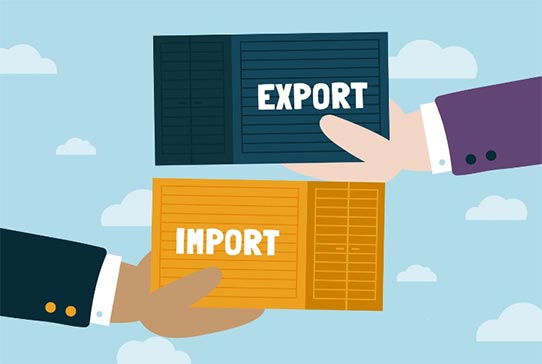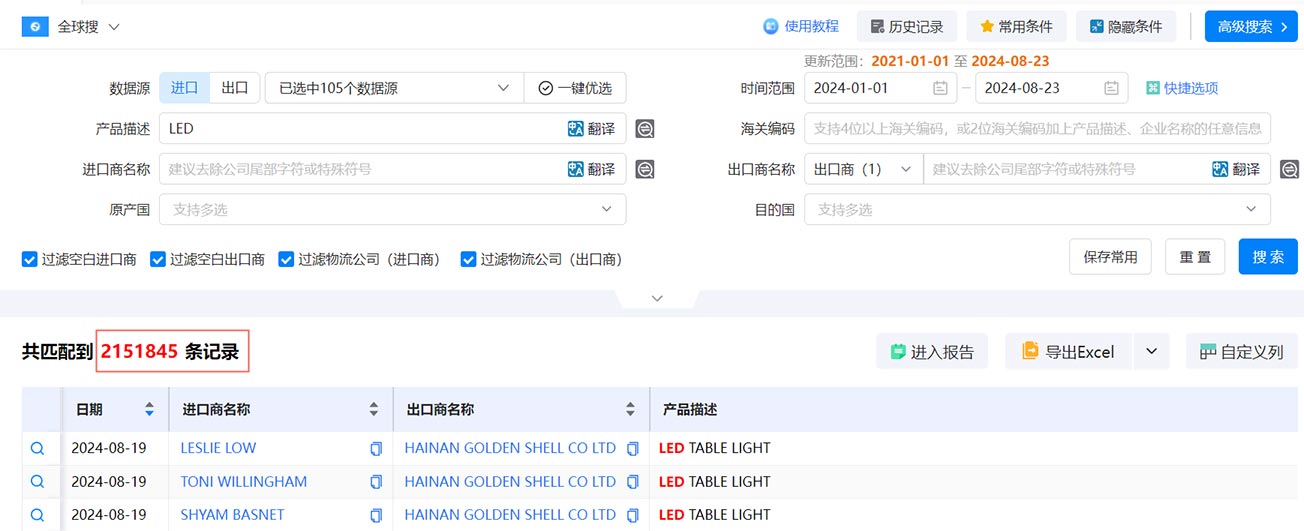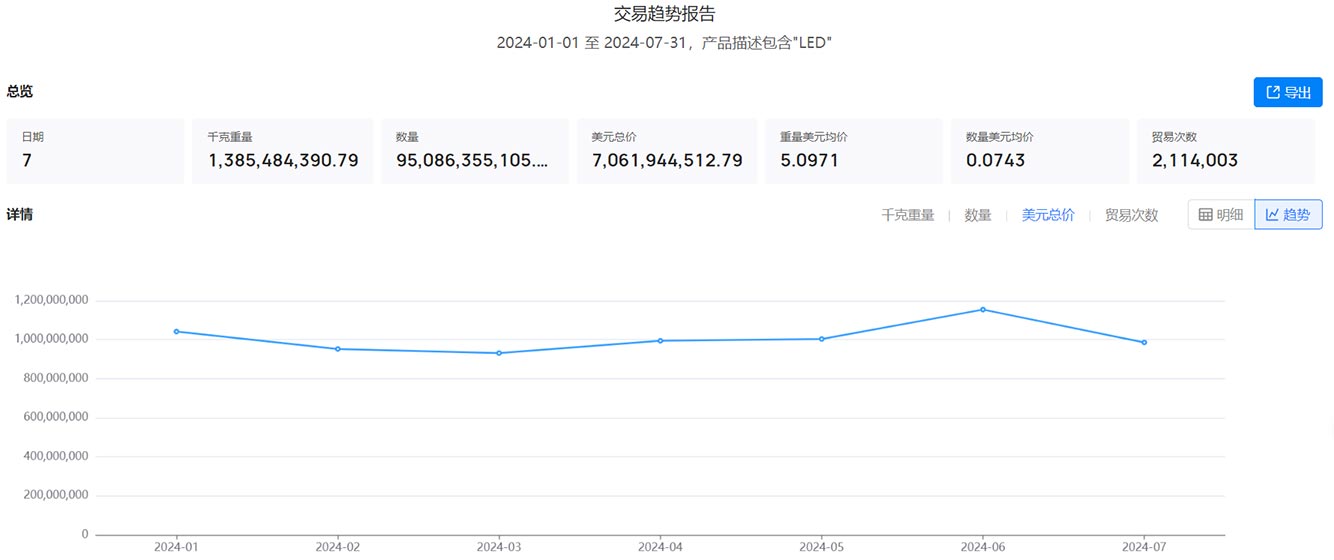 Trade Data Provider
Trade Data Provider
 2024-08-23
2024-08-23
In the international trade industry, obtaining accurate customs data is crucial for client development and market analysis. The common ways to obtain customs data are mainly divided into two types: free versions and paid versions. Each method has its own advantages and disadvantages, making them suitable for different needs.

1. Free Customs Data
(1) Access:
Free customs data can be obtained through the official websites of various national customs agencies or through websites that offer free data querying services, such as Global Customs Data, the EU Tariff Database, and others.
(2) Characteristics:
· No Importer and Exporter Names: Free customs data typically consists of statistical information, lacking the names of importers and exporters. This makes it impossible to understand customers' purchasing habits, frequency, or to obtain their contact information.
· Slow Updates and Delayed Data: Free data is usually updated infrequently, which may not reflect the latest market dynamics.
· Inconvenient Search and Analysis: Users often face keyword restrictions when searching through the data, making deep analysis difficult.
· Limited Data Content: Most of the free data includes information on freight forwarding companies, with little specific information about buyers, leading to an incomplete understanding of the market.
2. Paid Customs Data
(1) Access:
Paid data is usually purchased through professional customs data companies. These companies offer services including customized data searches and in-depth analysis, with examples such as Panjiva and ImportGenius.
(2) Characteristics:
· Comprehensive and Timely Data: Paid data is updated more frequently and includes more detailed buyer information, allowing users to gain a more comprehensive understanding of the market and client backgrounds.
· Higher Cost: Due to the quality and real-time nature of the data, the cost of paid versions is generally higher, ranging from several thousand to tens of thousands of RMB.
3. Recommended Customs Data Source
As an experienced professional in international trade, I have used almost
every channel for customs data available on the market. However, most of the
data fell short in terms of accuracy, timeliness, and usability. After multiple
trials, I found that Tendata's customs data is the most reliable, significantly
improving client development efficiency.
Advantages of Tendata Customs Data:
· High Data Authenticity: Tendata provides verified client contact information, ensuring the accuracy and usability of the data.
· Improved Client Development Efficiency: With Tendata's data, foreign trade professionals can quickly identify potential clients, saving a lot of time and effort.
· Timely Data Updates: Tendata updates its data frequently, reflecting market changes in a timely manner, helping companies respond quickly.
4. How to Use Tendata for Online Data Query?
Using Tendata for online customs data queries is a straightforward process.
Here are the steps:
(1) Choose Query Conditions:
On the query interface, you can select the conditions you need, including country, product category, HS code, etc. Tendata offers flexible filtering features to help you precisely target potential clients.
>> Find Potential Clients with Tendata

(2) Analyze Customs Data:
After entering the query conditions, the system generates matching import/export records and company information. You can view detailed company contacts, transaction records, and more. The platform also provides data analysis tools to help you understand market trends deeply.
>> Understand Market Trends with Tendata

(3) Obtain Client Contact Information:
Through Tendata, you can obtain client contact information with one click, including executives, buyers, etc. Tendata offers multiple contact methods, such as social media contacts, business data, internet emails, allowing you to reach foreign trade clients through various channels.
>> Get Client Contact Information from Tendata

By following these steps, you can efficiently use Tendata's customs data to develop new clients and optimize your foreign trade business strategies. Tendata's platform is user-friendly, with an intuitive design that is particularly suitable for foreign trade companies needing to quickly obtain high-quality client information.
Conclusion
Customs data is an indispensable resource in the international trade
industry. Both free and paid versions have their applicable scenarios. However,
for companies seeking data accuracy and efficiency, Tendata customs data is
undoubtedly a superior choice. With Tendata's data, foreign trade companies can
develop markets more precisely and enhance their business competitiveness.
Category
Leave Message for Demo Request or Questions


 T-info
T-info T-discovery
T-discovery

 My
Tendata
My
Tendata Market Analysis
Market Analysis Customer
Development
Customer
Development Competitor
Monitoring
Competitor
Monitoring Customer Relationship
Customer Relationship





































































































































